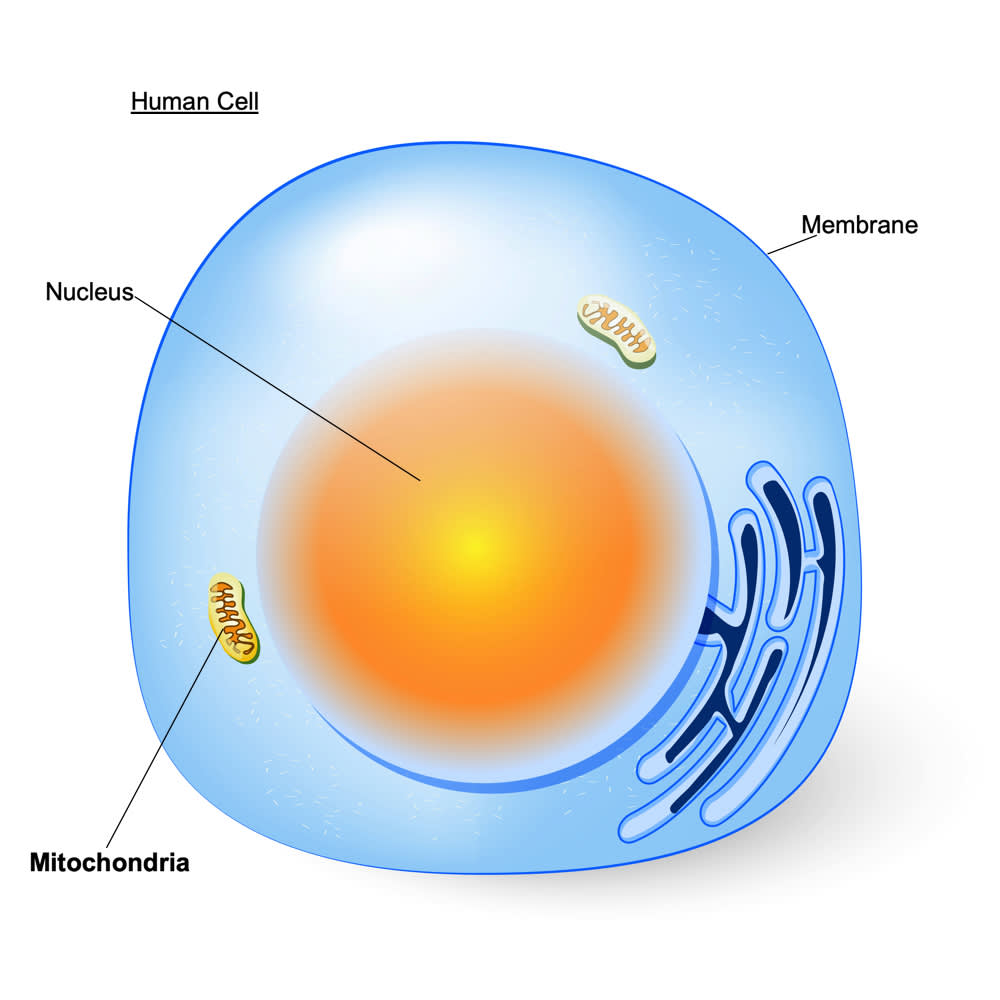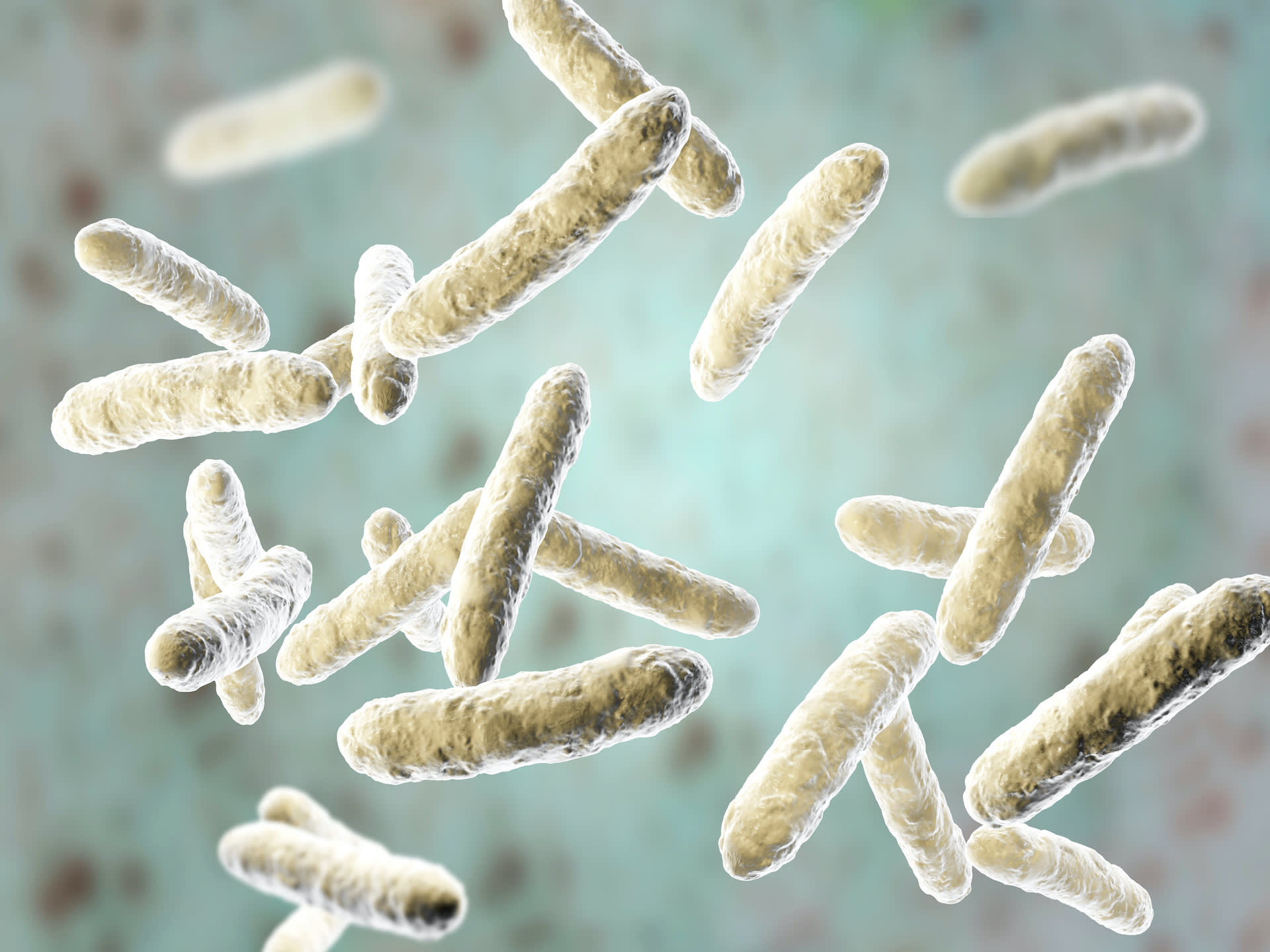
It’s 3:15 pm, and your energy is ebbing. You need to make it through the rest of your day—you’ve got more multitasking to accomplish, so you reach for a venti latte, laced with sugary syrup, or maybe some chocolate-covered espresso beans. Over the counter caffeine tabs when you’re desperate. It gets the job done.
But is there a better solution?
The ugly side of “artificial” energy boosters
Energy Drinks
The excessive amount and caffeine and sugar in many energy drinks can make for a bad combination for many people. Most energy drinks contain sucrose (sugar), as well as glucose (a liquid form of sugar derived from grains or potatoes). Excessive sugar, like the amounts in these drinks, is not healthy for anyone’s body, cells, or microbiome. High amounts of caffeine may also be harmful, especially to those who are sensitive to caffeine, including pregnant and nursing mothers and children.
Coffee
In addition to sensitivity to caffeine, coffee may not be beneficial for your body or microbiome and may end up on your Viome “Avoid” food list. If coffee is on your Avoids, it could be because the catechols in coffee can be unfavorable to your microbiome and gut integrity function. So, relying on coffee for energy could end up doing more harm than good.
Stimulants
Manufactured over-the-counter stimulants also have high amounts of caffeine in order to keep you awake and alert. They can help you stay awake but with alarming side effects: irregular heartbeat, chest pain, flushing, rapid heartbeat, agitation, nausea, stomach upset, or trouble sleeping.
Fatigue isn’t your problem. It’s a symptom.
You’re tired of not feeling rested, even after a full night’s sleep. Not having enough energy to accomplish everything you need to get done during the day. Where can you turn when you experience this constant fatigue, if not the stimulants that get you through your day?
Turns out, your own body has the answers.
Our Translational Science team has been digging deep into the science of energy production and mitochondrial health. Here are some of their exciting nutritional finds:

Your body naturally creates energy in the form of ATP (adenosine triphosphate), which is produced by the mitochondria that live within the cells of your body. Mitochondria - the powerhouse of the cell, is a specialized cell organelle that is capable of undergoing biogenesis (growth and division of pre-existing mitochondria) independent of cell division in order to meet the changing cellular energy requirements. Cell’s energy production needs are largely met through a process called cellular respiration, which involves three main pathways:
Glycolysis: a metabolic pathway that converts glucose into pyruvate while producing ATP
TCA Cycle: also known as "Kreb's cycle,” the aerobic process which involves a series of enzymatic steps; catabolizing pyruvate to CO2 and H2O
Electron Transport Chain (ETC): potential energy, stored in the reduced coenzymes is used to drive the synthesis of large amounts of ATP
The supply of essential nutrients is key for the smooth functioning of mitochondria and the cellular respiration (energy production) process. When you don’t have the specific nutrition that your body needs, your mitochondria can’t get the proper building blocks to produce ATP to give you the energy you need to get your day-to-day activities done, for example:
B vitamins: Thiamine (B1), Riboflavin (B2), Niacin (B3), Pantothenic acid (B5), and vitamin B6 are essential coenzymes in the TCA cycle. Deficiency in B vitamins can negatively impact metabolism and mitochondrial production of energy.1
Coenzyme Q 10 (CoQ10): is a naturally occurring molecule that plays a key role in Electron Transport Chain pathway and ATP production in mitochondria. When CoQ10 is depleted, energy production in cells is reduced, leading to fatigue symptoms consistently reported in CoQ10-deficient populations.2
The essential nutrients enhancing energy production can be provided either as supplements or in a form of foods that contain specific ingredients that enhance cellular respiration pathways and mitochondrial health*.
Dietary supplements with resveratrol, NAD+ precursors, and Fisetin can help support mitochondrial energy production by activating Sirtuins, which in turn activates the master regulator of mitochondrial biogenesis called PGC-1 alpha (peroxisome proliferator-activated receptor gamma coactivator 1 alpha) downstream.* Some energy-boosting food sources include pistachios, grapes, spinach, broccoli, and tomato, as they contain ingredients that help support cellular respiration pathways and healthy mitochondrial functioning*.3,4
For example, pistachio is a natural source of CoQ10, while grapes and berries contain polyphenol resveratrol. Upon intake, both CoQ10 and resveratrol help support healthy energy production and mitochondrial health by activating (i) mitochondrial biogenesis through PGC-1 alpha pathways and (ii) the expression of critical mitochondrial antioxidant enzymes, such as superoxide dismutase 2 (SOD-2)*.5
Other foods, like spinach, broccoli, and tomato, contain alpha-lipoic acid (ALA) as an active ingredient, essential for energy production, and can also act as an antioxidant. ALA's role in energy production involves being a critical cofactor for key cellular and mitochondrial enzymes (such as pyruvate dehydrogenase/ PDH, alpha-ketoglutarate dehydrogenase/ alpha-KGDH, and branched-chain ketoacid dehydrogenase/ BCKDC)*.6
Different people need different nutrients, which can be recommended from food and/or supplement sources to address cellular support on a molecular level. While some people may show the need for enhancing energy production pathway activities, others necessitate specific antioxidant and mitochondrial biogenesis support. In some cases, the same nutrient can be recommended for different reasons to different individuals. For instance, while one person may need resveratrol as a supplement for addressing oxidative stress, others may benefit from resveratrol or another nutrient needed to support mitochondrial biogenesis via the consumption of grapes or dark berries to support mitochondrial health and energy generation for your body*.
What nutrients give YOU energy, naturally?
As you can see above, there are plenty of foods and supplements out there that can supply your body and mitochondria with the building blocks to produce abundant energy, rather than from stimulants that merely “keep you going*.”
Knowing which foods contain the best sources of nutrition that assist your energy-producing mitochondria is essential. But—not all foods or even all nutritional supplements are right for every person. The key is finding out what your body, gut microbiome, and mitochondria need from you to produce an ample amount of ATP.
Personalized nutrition, with precision
When you know what foods are most beneficial for you, the foods you should stay away from, as well as the nutrients you need to fill in those nutritional gaps where you need vitamins, minerals, amino acids, food extracts, and herbs, you can feed your body the proper nutrition that will enable your cells to create all the energy they need.
This is possible–you just need to see what a whole-body health test can tell you about the current state of your body and key areas of health–and what foods and nutrients are right for you.
So, even if it feels like caffeine is the answer, you don’t need to turn to that grande macchiato every day to boost and sustain your energy. Abundant, natural energy produced by your own body is possible. You just need a little help finding out what superfoods and nutritional supplements are the best for your unique biology.
References:
Kennedy, D.O. (2016). Nutrients 2016, 8(2), 68; doi.org/10.3390/nu8020068
Filler, K., Lyon, D., Bennett, J., McCain, N., Elswick, R., Lukkahatai, N., & Saligan, L. N. (2014). BBA Clinical, 1, 12-23. doi.org/10.1016/j.bbacli.2014.04.001
Spanier, G., H. Xu, N. Xia, et al. (2009). Journal of Physiology and Pharmacology: An Official Journal of the Polish Physiological Society 60 Suppl 4 (October 2009): 111–16
Chuang, Y., Chen, S., Hsu, C., Chen, S., Chen, N., & Jou, S. (2019). International Journal of Molecular Sciences, 20(4), 998. doi.org/10.3390/ijms20040998
Geng Tian, Jinko Sawashita, Hiroshi Kubo, Shin-ya Nishio, et al. (2014). Antioxidants & Redox Signaling. Jun 2014.2606-2620.
Ong, S.L.H., Vohra, H., et al. (2013). Oxidative Medicine and Cellular Longevity. 2013 (2013): 1–9. doi.org/10.1155/2013/517045.



